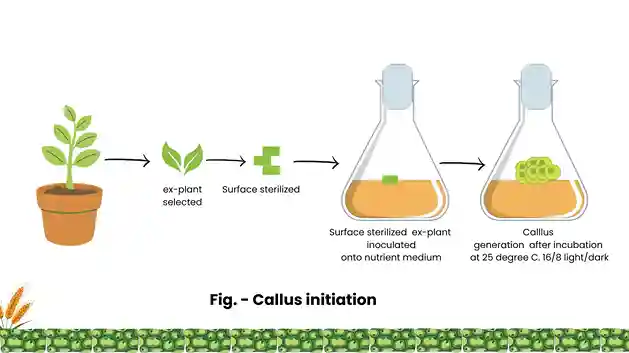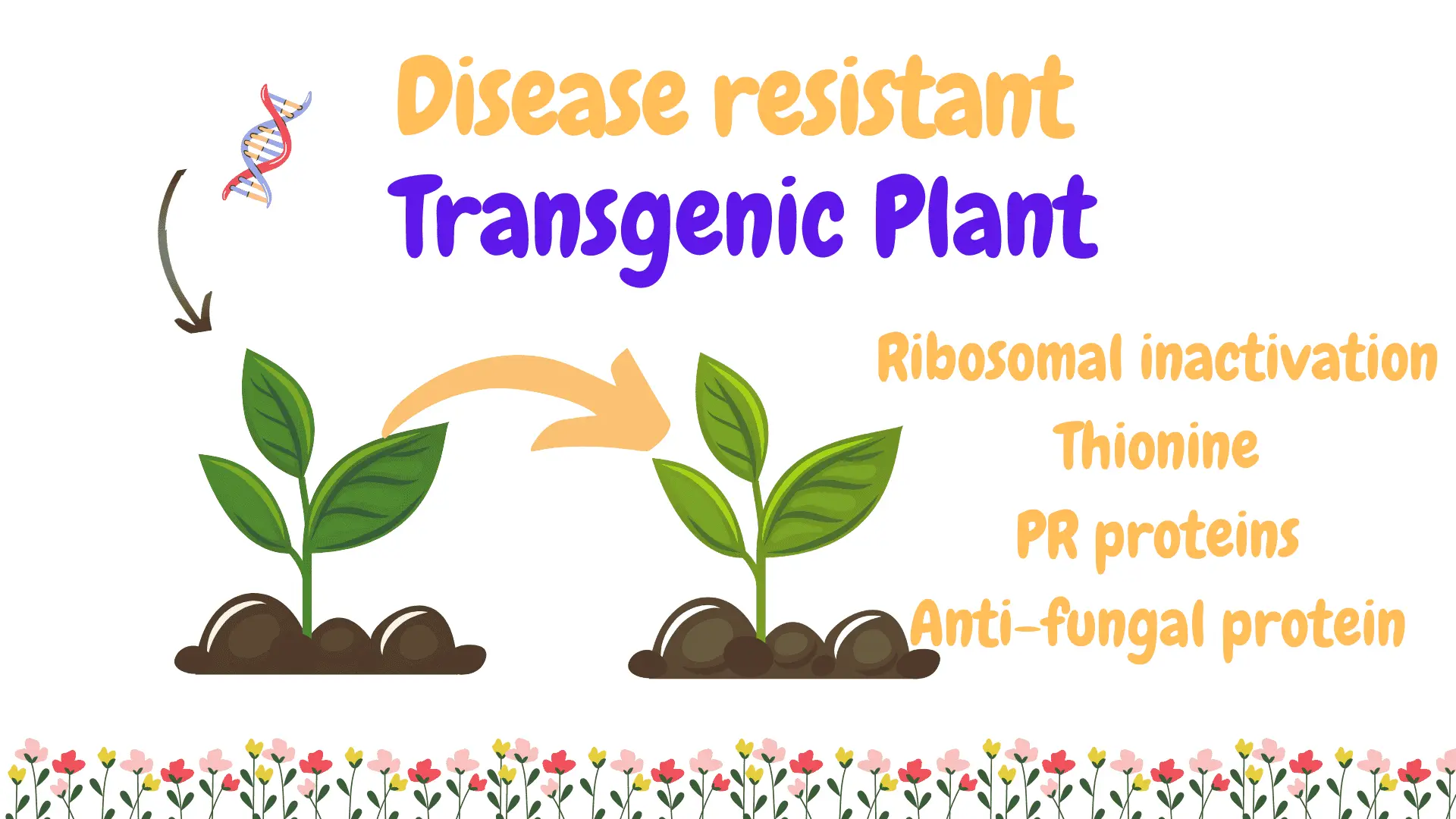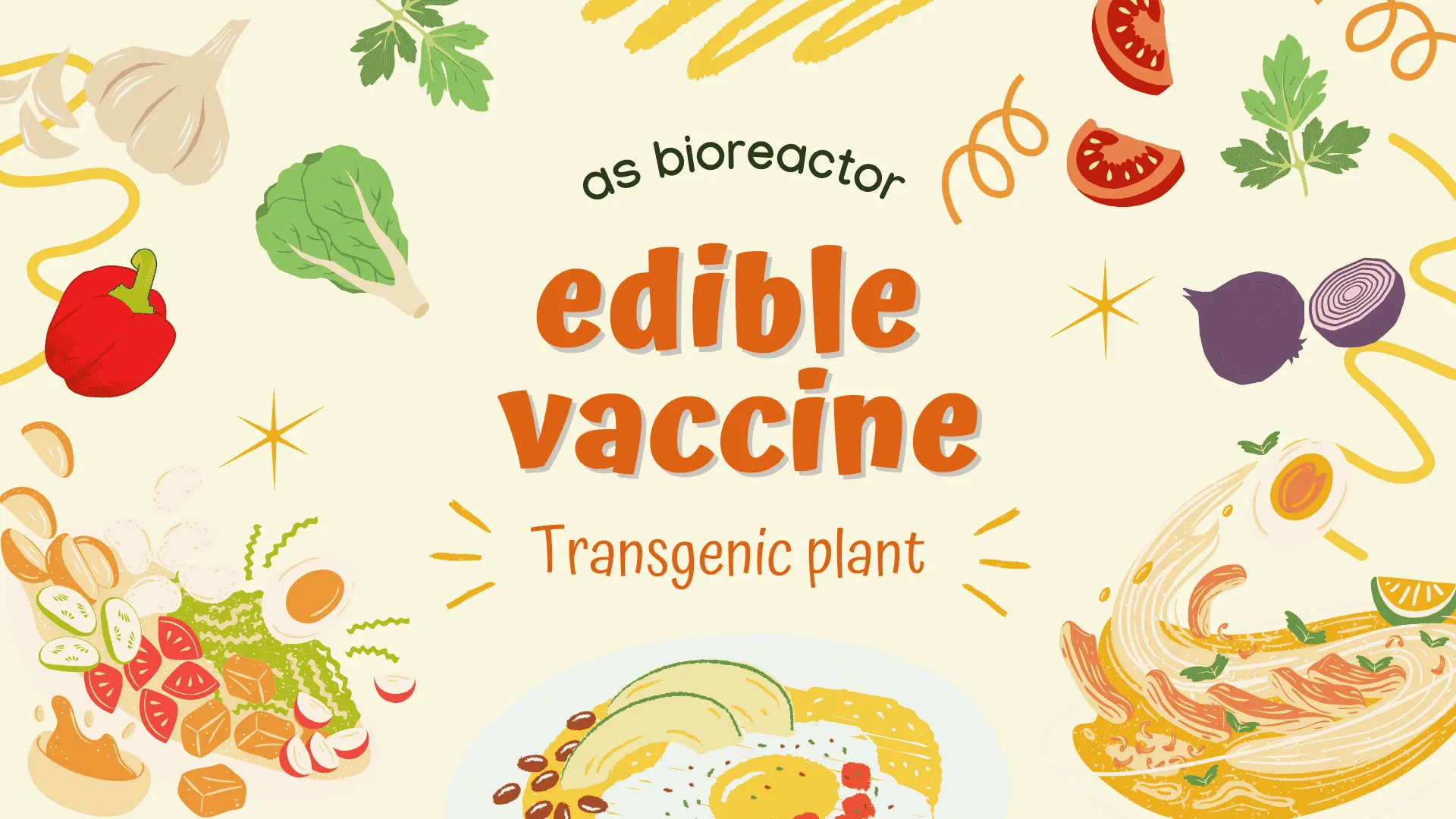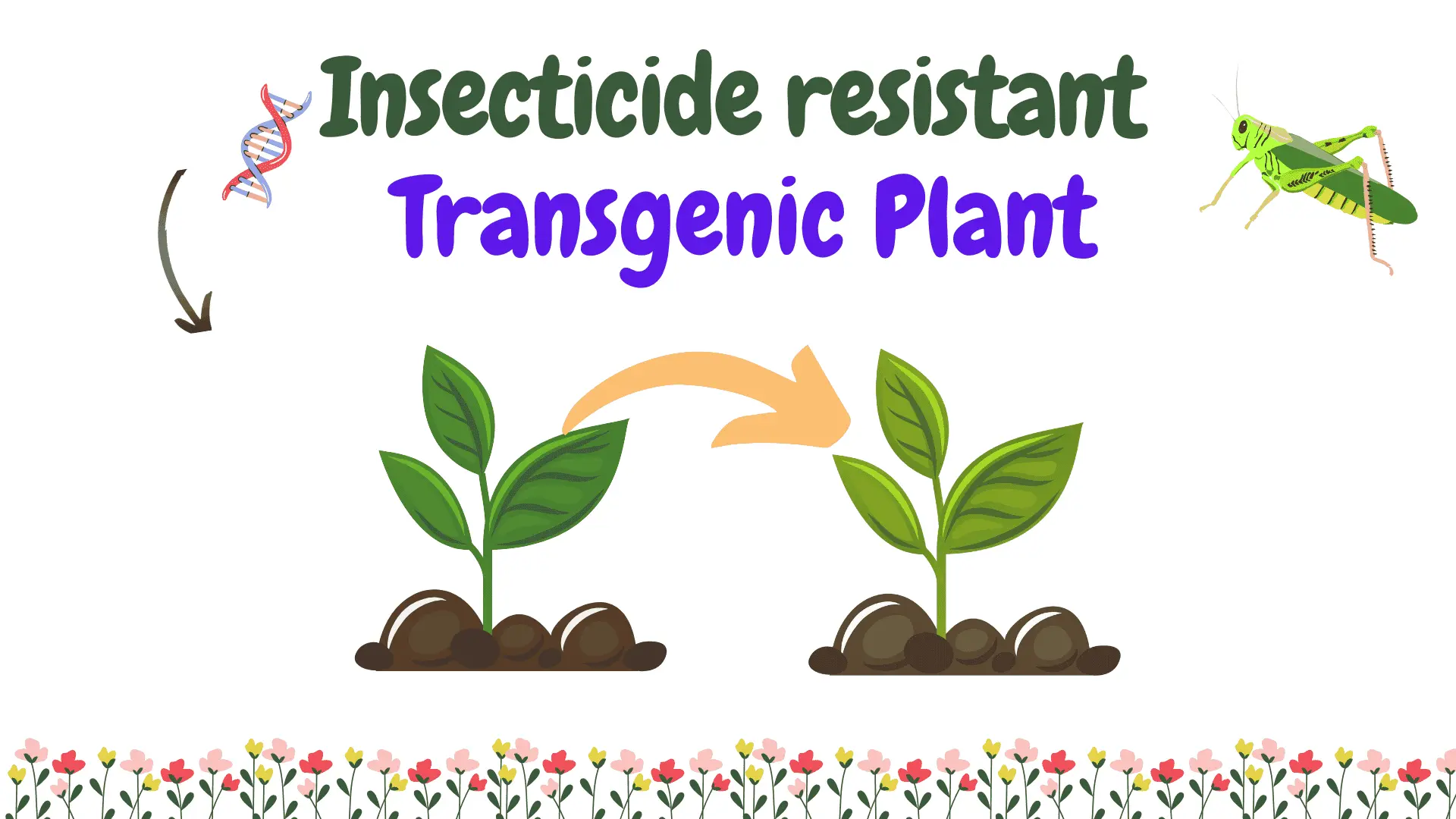Somatic hybridization | Protoplast fusion
Somatic hybridization is the technique of hybrid production through the fusion of isolated somatic(body) protoplasts under in vitro conditions and subsequent development of their product (heterokaryon) to a hybrid plant. This involves – A. Fusion of protoplast cells – 1. Treatment with NaNO3 – 1ST Rerport by power et al., 1970. In this method NaNO3 … Read more



